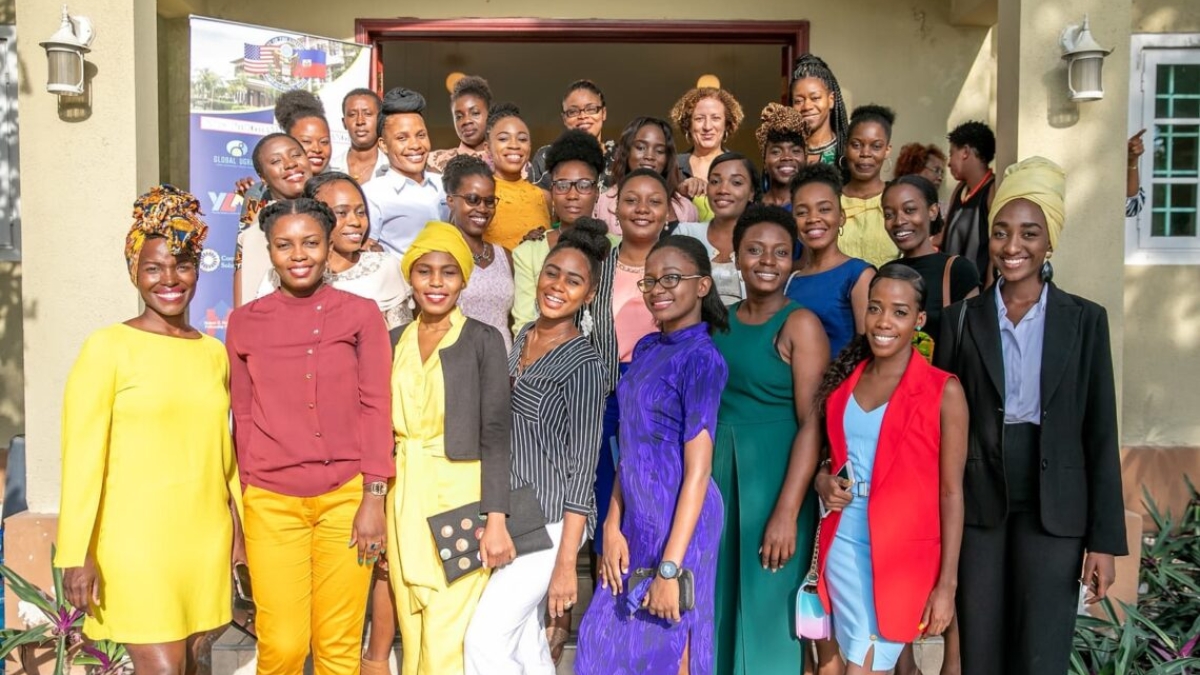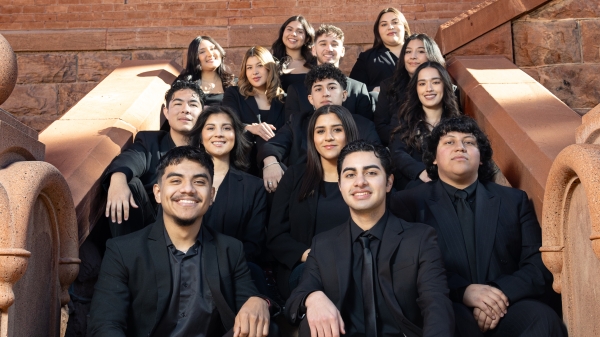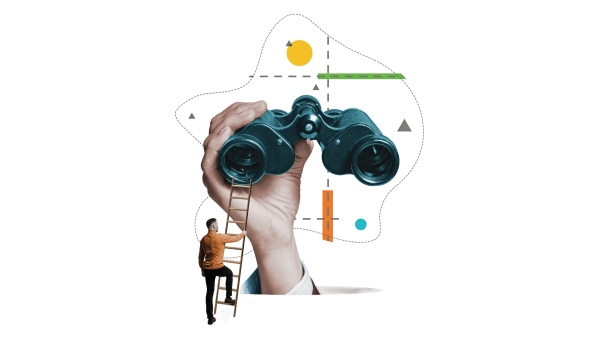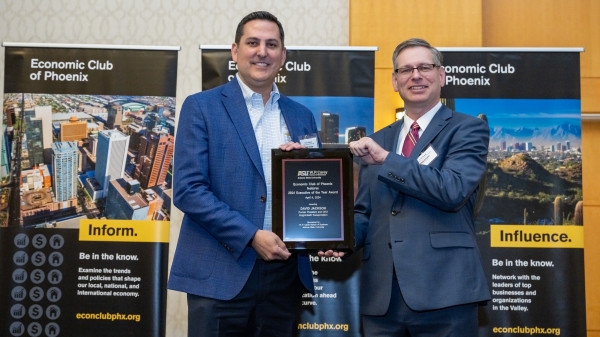Thunderbird entrepreneurship program lifts women's startups around the world
Lessons in building a business keep communities afloat during the pandemic

An entrepreneurship program created by the Thunderbird School of Global Management at ASU has taught women around the world how to start businesses and keep them afloat during the COVID-19 pandemic.
The Academy for Women Entrepreneurs reached 2,000 women in 26 countries the year it was launched, in 2019. That increased to 5,000 women in 53 countries last year.
“(The academy) allows women to use their revenues to help their communities to grow, and it’s never been more important than in the time of COVID,” said Tracy Bame, president of the Freeport-McMoRan Foundation, one of the supporting partners of the program. She spoke at a webinar Jan. 13 titled, “The Importance of Investing in Women's Economic Empowerment,” sponsored by Thunderbird.
“The AWE program provides hands-on technical services for women so they can think creatively about how to pivot, how to change their marketing strategy or how to look for new markets that might become available,” Bame said.
The Academy for Women Entrepreneurs teaches women the DreamBuilder online curriculum, which was created a decade ago by the Thunderbird School of Global Management, which is part of Arizona State University, and the Freeport-McMoRan Foundation.
The DreamBuilder modules are free to anybody and available in English and Spanish.
But women around the world who wanted to start their own businesses needed more than lessons. So the Academy for Women Entrepreneurs was launched to work with local organizations to provide additional support, such as mentoring and networking. The academy is run by the U.S. Department of State’s Bureau of Educational and Cultural Affairs, the same unit that runs the Fulbright educational exchange program.
Women who are in the academy meet in small groups, with the DreamBuilder concepts localized for them. They learn about topics specific to their countries, such as business and tax rules, as well as business skills such as public speaking and using social media. Many can participate in pitch competitions, winning money to invest in their enterprises.
During the pandemic, they learned how to acquire e-commerce tools to sell their products online and how to use digital marketing.
Demand for the program is enormous, according to Kelley Currie, the ambassador-at-large for global women’s issues in the State Department.
“We can’t grow this program fast enough,” she said during the Thunderbird panel discussion.
“Every ambassador wants it in their country. Application rates are astounding and we’re scaling as fast as we can.
“All of this comes out of our recognition in the U.S. that prosperity, and women’s economic empowerment especially, is a security initiative.”
Besides ASU and Freeport-McMoRan, the program is supported by Amazon Web Services and the UPS Foundation, as well as the U.S. African Development Foundation, an independent government agency that gave out $800,000 in seed funding to women in eight countries last year to scale their businesses.
The program is tracking the success of its graduates as it ramps up to reach 7,000 women in 2021, according to Marie Royce, assistant secretary for educational and cultural affairs in the State Department.
She has heard many success stories.
“One woman had no formal agreements with her suppliers, which led to price fluctuations, but now she’s signed legal agreements to ensure that her suppliers adhere to set prices,” Royce said.
“A woman who runs a clothing business in Guatemala, despite the pandemic, has grown her business using skills from AWE and has hired two women as employees.”
Maria Luisa Boyce, vice president for global public affairs at UPS, said that growing the women’s self-confidence is key.
“I’m in a logistics company and we love metrics, but it’s hard to measure metrics here because there are so many intangibles,” she said, such as mentoring and building a network of peers.
“Now these women are not alone. They are part of a team and have a support system.”
Top image: Women in Haiti mark their graduation from the Academy for Women Entrepeneurs program in 2019. Photo courtesy of the U.S. Department of State’s Bureau of Educational and Cultural Affairs.
More Business and entrepreneurship

Hispanic Business Students Association marks half a century of impact, growth
When Michelle Macias, a native of Yuma, Arizona, became a business entrepreneurship and management student at Arizona State University in 2020, she was three hours away from home and stuck in her…

5 easy ways to improve your focus
Editor's note: This story originally appeared in the summer 2024 issue of ASU Thrive magazine. Do goldfish really have a longer attention span than the average person? No, thankfully, data busted…

Honoring homegrown leadership
When Phoenix native David Jackson was a finance student at Arizona State University’s West Valley campus, he gave separate presentations on two of the country’s largest trucking companies. Little did…